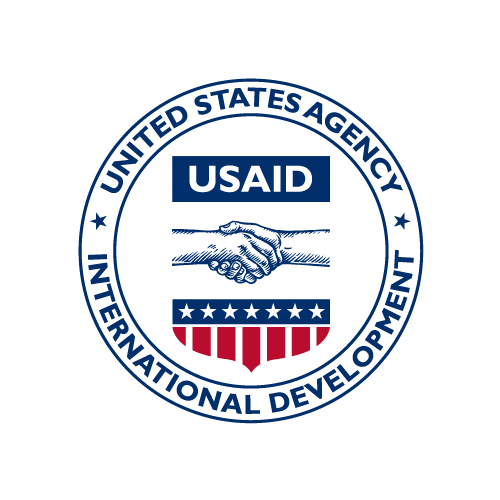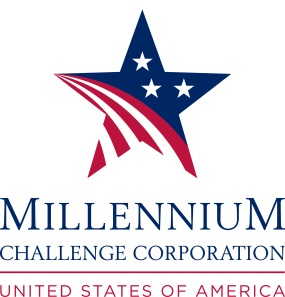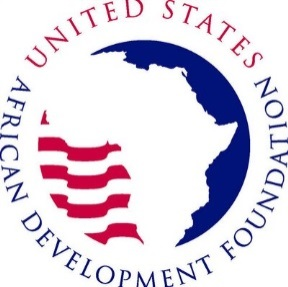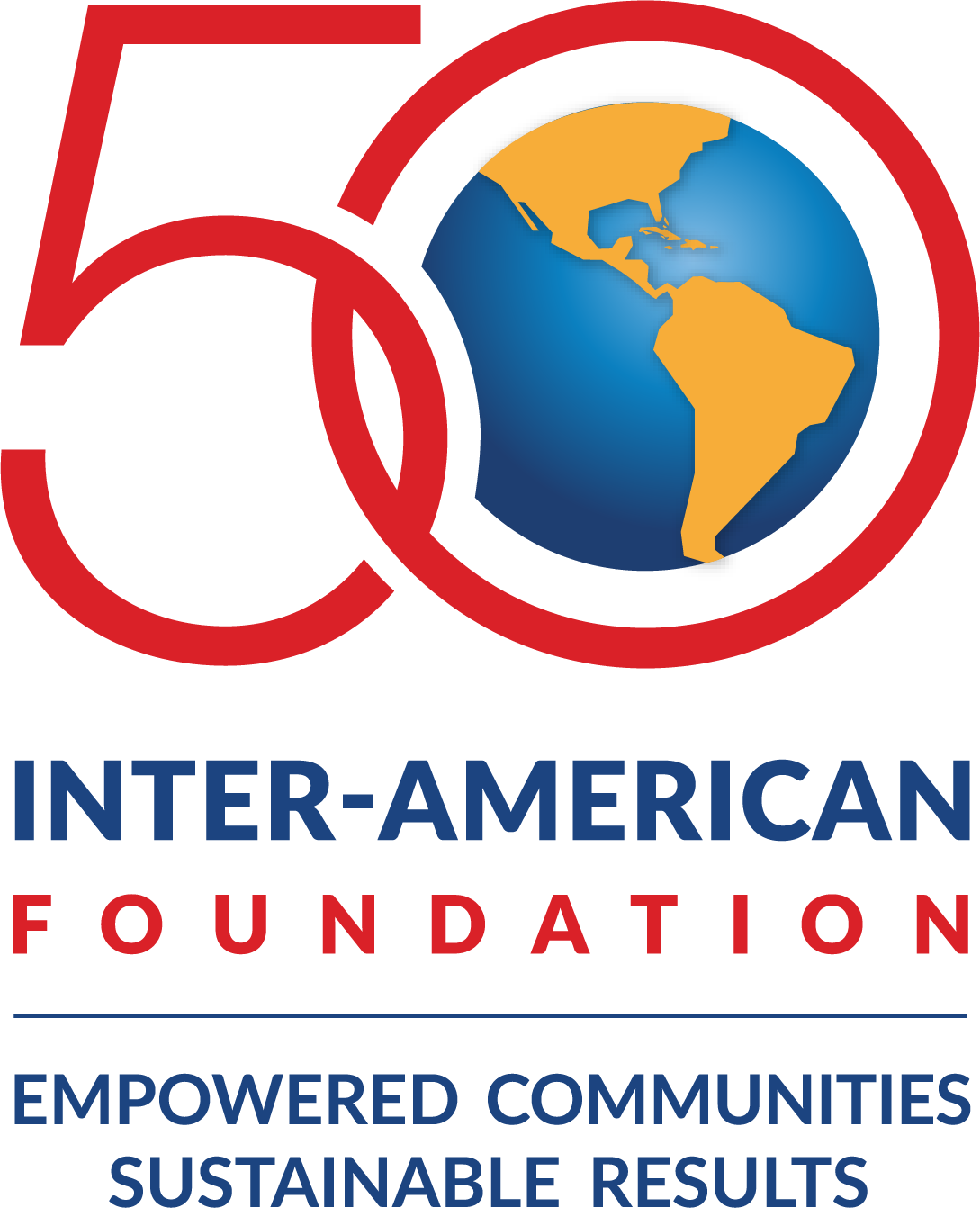Our Authority
The U.S. Agency for International Development Office of Inspector General was established on December 16, 1980, by Public Law 96-533, an amendment to the Foreign Assistance Act of 1961. On December 29, 1981, the International Security and Development Cooperation Act of 1981 brought the USAID Inspector General under the purview of the Inspector General Act of 1978.
Agencies We Oversee
Our office oversees the programs and operations of four U.S. foreign assistance agencies.
U.S. Agency for International Development (USAID)
 Established through the Foreign Assistance Act of 1961, USAID leads U.S. development and humanitarian efforts around the world to enhance and save lives. USAID programs combat the spread of disease, address food insecurity, promote democratic reform, and support economic growth to alleviate poverty. The Agency also provides assistance to countries recovering from disaster and periods of conflict. USAID’s development and foreign assistance activities help to expand stable, free societies; create markets and trade partners for the United States; and promote good will abroad.
Established through the Foreign Assistance Act of 1961, USAID leads U.S. development and humanitarian efforts around the world to enhance and save lives. USAID programs combat the spread of disease, address food insecurity, promote democratic reform, and support economic growth to alleviate poverty. The Agency also provides assistance to countries recovering from disaster and periods of conflict. USAID’s development and foreign assistance activities help to expand stable, free societies; create markets and trade partners for the United States; and promote good will abroad.
With headquarters in Washington, DC, and missions around the world, USAID partners with private voluntary organizations, indigenous organizations, universities, the private sector, international agencies, other governments, and other U.S. Government agencies.
Read more on OIG oversight activities relating to USAID.
Learn more about USAID.
Millennium Challenge Corporation (MCC)
 MCC is an independent U.S. foreign assistance agency created in 2004 to reduce poverty and increase living standards by promoting sustainable economic growth and open markets. MCC-funded projects include building infrastructure, reforming institutions, and promoting access to healthcare and education, and may complement other U.S. and international development programs.
MCC is an independent U.S. foreign assistance agency created in 2004 to reduce poverty and increase living standards by promoting sustainable economic growth and open markets. MCC-funded projects include building infrastructure, reforming institutions, and promoting access to healthcare and education, and may complement other U.S. and international development programs.
MCC grants are awarded to selected countries that commit to good governance, economic freedom, and investing in their citizens. MCC awards two primary types of grants: (1) large 5-year grants, or compacts and (2) smaller grants for threshold programs, awarded to countries that come close to passing MCC eligibility criteria and are committed to improving their policy performance.
Read more on OIG oversight activities relating to MCC.
Learn more about MCC.
Read MCC's Memorandum of Cooperation with OIG.
U.S. African Development Foundation (USADF)
 Congress established USADF in 1980 as an independent U.S. Government agency that provides direct development assistance to underserved and marginalized populations in conflict and postconflict areas in Africa. USADF supports African-owned enterprises that improve lives in poor and vulnerable communities—an investment that aims to promote peace and security and prosperous U.S. trading partners.
Congress established USADF in 1980 as an independent U.S. Government agency that provides direct development assistance to underserved and marginalized populations in conflict and postconflict areas in Africa. USADF supports African-owned enterprises that improve lives in poor and vulnerable communities—an investment that aims to promote peace and security and prosperous U.S. trading partners.
USADF grants provide seed capital and technical support to burgeoning agriculture, off-grid energy, and youth-led enterprises in Africa. USADF emphasizes participatory development and engages local community groups and initiatives in project design and implementation. USADF measures grant success in terms of jobs, increased incomes levels, and improved social conditions.
OIG assumed audit and investigative oversight of USADF in November 1999 under the Admiral James W. Nance and Meg Donovan Foreign Relations Authorization Act, Public Law 106-113.
Read more on OIG oversight activities relating to USADF.
Learn more about USADF.
Inter-American Foundation (IAF)
 Congress created IAF in 1969 as an independent U.S. Government agency that provides direct development assistance to grassroots and nongovernmental organizations in Latin America and the Caribbean. IAF grants support creative, self-help programs and activities that promote more profitable agriculture, microbusinesses, and community enterprises; expand employment opportunities through skills training; and offer access to water, basic utilities, and adequate housing.
Congress created IAF in 1969 as an independent U.S. Government agency that provides direct development assistance to grassroots and nongovernmental organizations in Latin America and the Caribbean. IAF grants support creative, self-help programs and activities that promote more profitable agriculture, microbusinesses, and community enterprises; expand employment opportunities through skills training; and offer access to water, basic utilities, and adequate housing.
IAF helps ensure the participation of indigenous peoples, African descendants, and persons with disabilities and other marginalized groups in social and political processes. By encouraging partnerships among community organizations, businesses, and local governments, IAF aims to strengthen democratic practices while improving quality of life.
OIG assumed audit and investigative oversight of IAF in November 1999 under the Admiral James W. Nance and Meg Donovan Foreign Relations Authorization Act, Public Law 106-113.
Read more on OIG oversight activities relating to IAF.
Learn more about IAF.
